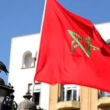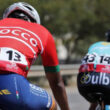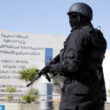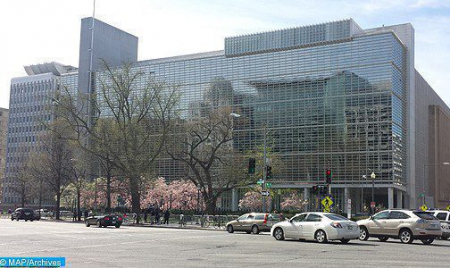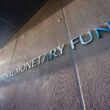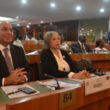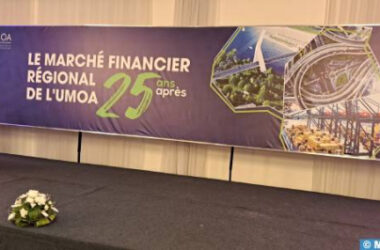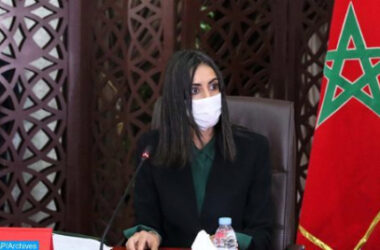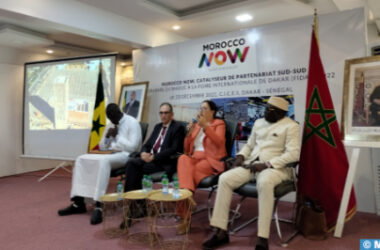“The series of financing projects supported the government of Morocco in implementing reforms to improve financial inclusion, digital entrepreneurship, and access to digital infrastructure and services for individuals and businesses”, the World Bank said Monday in a release.
This series has enabled Morocco to significantly move the frontiers of financial and digital inclusion, the Washington-based institution pointed out.
The infrastructure for digital payments has expanded with 31% of rural districts now covered by mobile payment networks and 19 mobile payment providers operating, it added.
The value of digital payments has significantly grown to reach 2 billion MAD (approximately $195 million) in 2021, laying the ground for reforming social protection programs with digital cash transfers, the Bretton Woods institution said.
The series has enabled the development of microinsurance, collateral registry and guarantees to support credit to MSMEs. Various actions directly supported women’s access to finance and economic empowerment. For instance, women’s participation in the Boards of listed companies has increased from 14.9% in 2019 to nearly 20% by the end of 2022; and women-led 13.5% of tech start-ups have benefitted from an annual foreign currency allocation during the pandemic to import goods and services required by their activities.
“This third financing is in line with the recommendations of the New Development Model (NDM), which emphasizes the need for a paradigm shift to promote inclusive, private sector-led growth to improve public services and reduce social and spatial disparities,” said Jesko Hentschel, Country Director for the Maghreb and Malta at the World Bank. “The government of Morocco has begun to operationalize these recommendations by digitalizing social protection programs, supporting equity financing and non-banking instruments for innovative companies, and digitalizing public procurement for better access of SMEs to public contracts.”
This third financing consolidates reforms initiated by Morocco to foster financial inclusion by expanding access to a diverse range of financial services to rural populations, women, and youth, and digital entrepreneurship by diversifying the financial instruments available to young and innovative firms to support job creation. “These reforms include a new legal regime for microfinance institutions allowing them to take deposits and expand their outreach, regulations to expand microinsurance, and a new law on credit bureaus for processing non-financial data so that the unbanked people can get a history to access credit,” added Caroline Cerruti, Senior Financial Sector Specialist, and Program Co-Leader at the World Bank.
The microfinance sector will be able to transform from non-profit associations into deposit-taking institutions to grow their funding base and offer a wider range of savings and credit products to women and rural populations.
This DPF also supports digital entrepreneurship and innovative MSMEs. “The DPF offers new financing instruments that benefit MSMEs – sometimes considered too risky for traditional banks – including crowdfunding for new businesses, private equity for innovative and high-potential companies, and debt funds that mobilize institutional investors to finance existing SMEs,” stressed Cyril Desponts, Economist and Program Co-Leader at the World Bank.
The amendment of the private equity law will support the government’s efforts to modernize and decarbonize the economy through the Mohammed VI Fund for Investment which will raise and invest private equity funds. This reform, as well as the introduction of the regulatory framework for debt funds were also supported by the Joint Capital Market Program (JCAP), the World Bank said.


